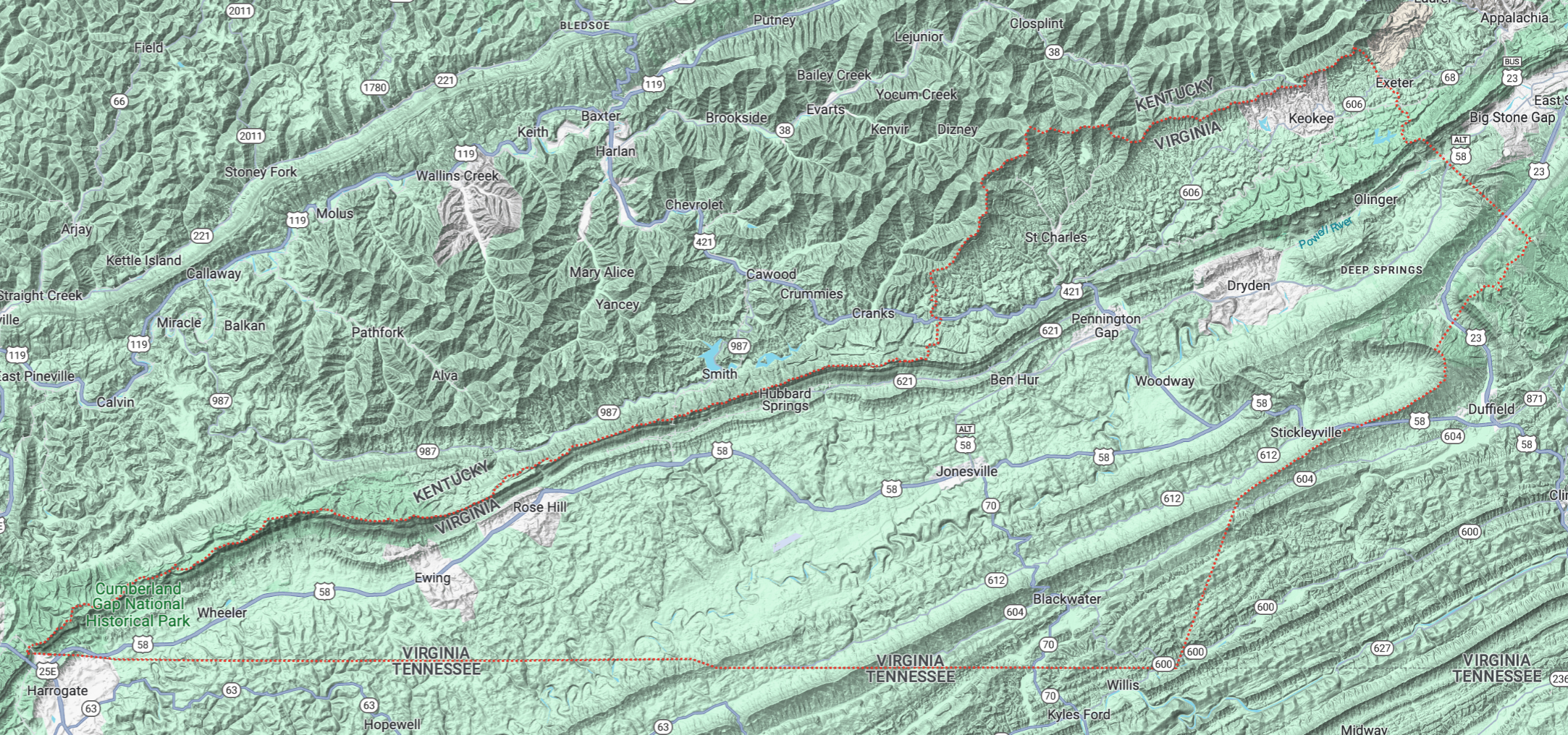
In the wake of finishing Barbara Kingsolver's Demon Copperhead via Audible, and starting to read it through as an e-book, I've been thinking about life courses in fiction and in fact.
The emerging Question is:
What of your "raising" do you realize that you (a) have escaped, surpassed, left behind; and (b) haven't ever managed to escape? And (c) what of that "raising" have you come to understand differently, in the course of your life? And (d) what about the areas of life that you have made up for yourself, superseding the place/"raising" you came from?(no need to answer all four... surely one would be enough!)
Just how I got to this Question, its backstory, is a Tale worth examining (though this is absolutely extra credit material, and might or might not inform your own ruminations on a-d above).
I have a lengthy acquaintance with the Bildungsroman as a literary form: the narrative of coming-of-age and emergence from whatever [usually base and problematic] origins, often told in an autobiographical voice, most often by a male protagonist (though there's a wonderfully varied array of female-protagonist novels too). And I'm especially drawn to novels that have vibrant sense of their physical setting/location, especially if I have some acquaintance or curiosity about the locale.
So our narrator and hero Damon Fields, the 'Demon Copperhead' of the title, relates the harrowing tale of his raisin' in Lee County, Virginia — the farthest southwestern sliver of Virginia, bracketed by southeastern Kentucky and northeastern Tennessee.

and a 1925 recording by Land Norris:
and Earl and Lester, early 1950s:
and Nora Brown, last year:
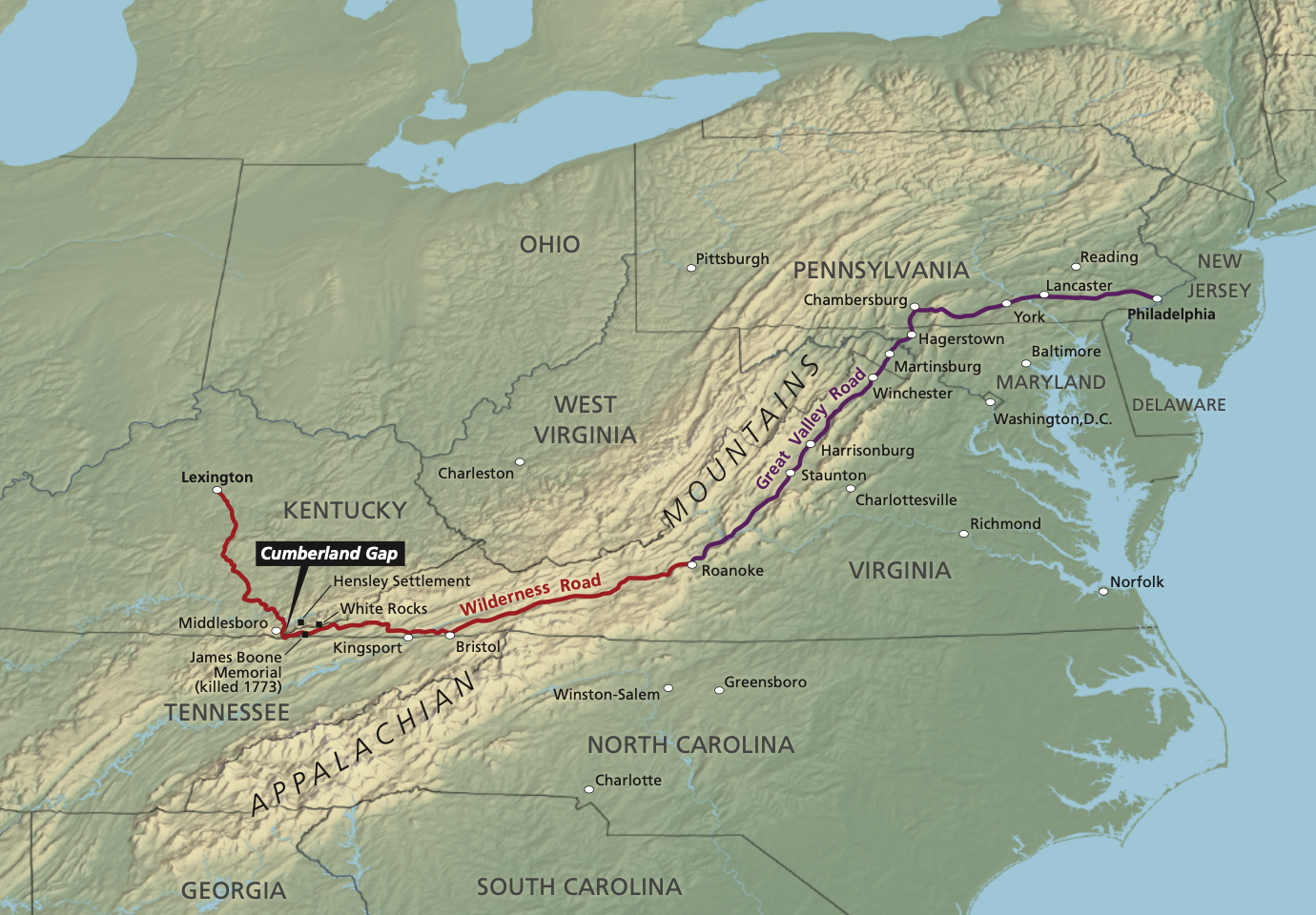
Doc Boggs was from nearby Norton VA
and...
The chronology of Demon Copperhead takes in the time when the few coal mines were played out, and oxycontin and a broad range of other drugs had infected Appalachia. We northern city folk have no idea of the reality of Lee County people, but Kingsolver is (as far as I can tell) ethnographically correct in how Demon's tale unfolds. (I should note that one critic has characterized the novel as "poverty porn", but the same could be said of David Copperfield). Characters die of overdoses, of "bad choices", of alcohol, and of sorts of violence that are endemic in much of rural America, and epidemic in Appalachia. But Demon makes it through and at the end of Demon Copperhead there's hope. And the reader has learned a LOT in 560 rather harrowing pages, masterfully read (by Charlie Thurston) in 21 hours of audio. And the reader can't help but be changed by the encounter. What more can one ask of a novel?
A bit more backfill, by way of explanation. One of the books in our Peace Corps book locker was Harry M Caudill's Night Comes to the Cumberlands: A Biography of a Depressed Area [1963, the Cumberland province of Kentucky, just north of Lee County VA], which I now realize was instrumental in my development into an anthropo-geographer (another important contributor: the James Agee and Walker Evans collaboration Let Us Now Praise Famous Men).It was from Caudill that I first learned of Melungeons (see here and here if 'Melungeon' is a new term for you). Damon/Demon's dead dad (before his birth, in an accident) was Melungeon, hence the red hair of 'Copperhead'... digression/rabbitburrow here on nicknaming ... and Caudill was where I first learned the details of Appalachian coal, and how it wrecked pretty much everything:Our Appalachian Trail hiking found us on all sorts of backcountry roads as we placed cars at each end of the day's hike, though we were on a long ridge in Tennessee and North Carolina, to the south of Lee County VA, but the sociocultural mise en scène was definitely Appalachian: hardscrabble subsistence farms, clapped-out vehicles, limited amenities, single-wide trailers, yard dogs... We were soooo out of place.
(Poor Valley is in Lee and neighboring Wise counties)
Anyway, it was that immersion in Appalachia and Damon/Demon's lifetelling that brought to mind the phrase "don't get above your raisin'" as a proverbial/dialect social-control admonition meant to dampen the ambition and shame the pride of somebody who appears to act/think themselves 'better' than their kin and neighbors.
Such sociocultural pressure to "stay true to your..." takes many forms, AND many people DO seek and successfully manage to outrun and escape (I think of ex-Mormons, fallen-away Catholics, former devotées of various gurus...). It occurs to me that the whole thing of Getting Sober in the world of AA can be read as an escape from something (probably an addictive substance) that actively wants you to "stay true" and KEEP using. And it's the subtle social analysis encoded in the Canadian lobster story:
A lobsterman turned his back on three catches in an uncovered bucket. A bystander worried the lobsters would escape, but the lobsterman waved him off, saying, 'No problem, these are Canadian lobsters. If one reaches the top the others will pull him back in.'
But most of us have escaped, perhaps repeatedly, the confines of places and situations, beginning with the place and situation of our own raisin' ... and so took steps down the (seemingly endless) road of self-actualization. And we know of people who stayed behind, didn't leave physically or psychically from the places and situations... and so on.
Selecting which of one's own stories to contribute is daunting, for me at least. In the last month or so I've been looking into that whole Swedenborgian thing that suffuses my family of origin ...which I thought I had ...outrun... long ago. But it's back, most interestingly. There are some aspects that remain radioactive for me, and I suppose I could cop to being a fallen-away Swedenborgian, though I never was a participant. Still, that's at the core of my raisin', and now I'm a bit curious about just what I am an escapee from, as I come to realize that my extended family spent lives enmeshed in the various toils of the Church of the New-Jerusalem, and that my observation of their tribulations thoroughly soured me on "organized religion", such that I've never wondered productively about what galvanized them, and what sustenance they drew from their engagements.
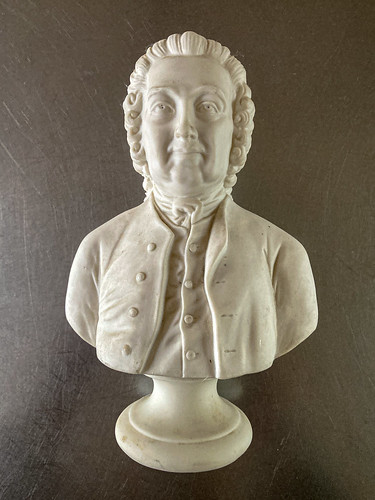
And how about the "haven't managed to escape..."
**
A while ago it came to me (and I wrote it down) that
There's no cultural arrogance as smug as that of an overeducated Yankee.
**
The conventional proverb that epitomises the above is poignant:
You can always tell a Harvard man
But you can't tell him much.
And here comes that cohort thing again: There's an age-graded siblinghood (brothers and sisters in Time) who were there-then. I still harbor and have not outrun vestiges of an understanding of America that's rooted in the 1950s —full of rosy illusions and blue-eyed innocence, but I remember what I saw and heard, and so do contemporaries who were sentient in the 1950s. By now many with such active memories of the 1950s are simply GONE. And the memory-hoarders of the 1960s are not far behind.
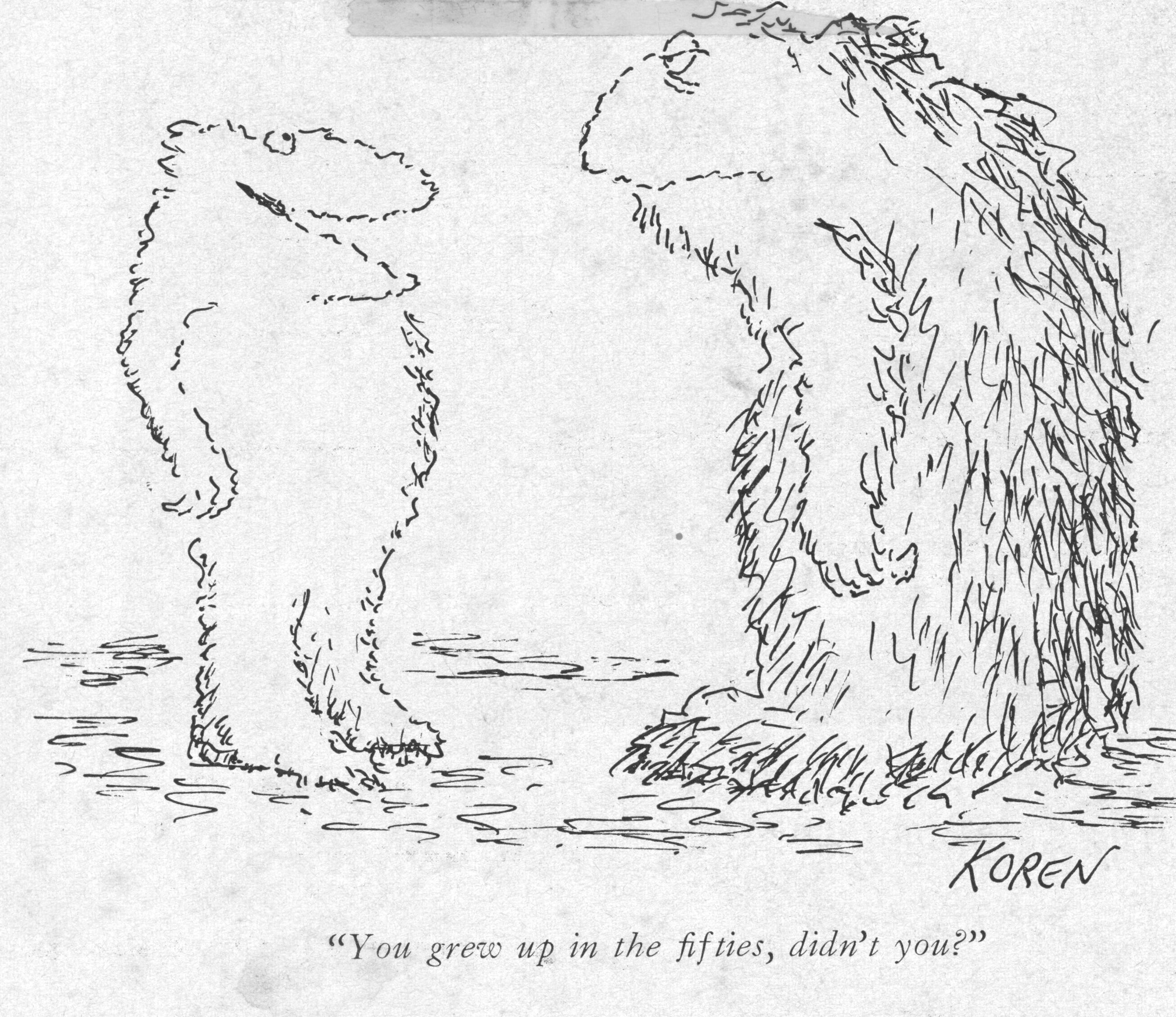
*****
In the "Raisin' understood differently" category, a bit hazier. I do recognize now that there was very little parental control over my activities, partly because they were busy with adult lives (recall that my parents were 44 when I was born...). I knew how to relate to adults, and rarely made gaffes of omission or commission, I think. I can remember no firm talkings-to. I was "well-behaved" and biddable and pretty much aware of my surroundings, socially. Self-sufficiency assumed, and anger not part of the parental repertoire.
Areas that I've "made up for myself" are mostly professional: anthropologist, professor, librarian ... and photographer and musician. I can identify pretty clear roots in my raisin' for each of those developments, but the details of the constructed identities are my own work.
OMG:
and follow that with:
This may seem a pretty big leap from Appalachia, but a quick boo at this map will readily convince you that the Canadian Maritimes (and the Gaspé) are pretty much Appalachian too:
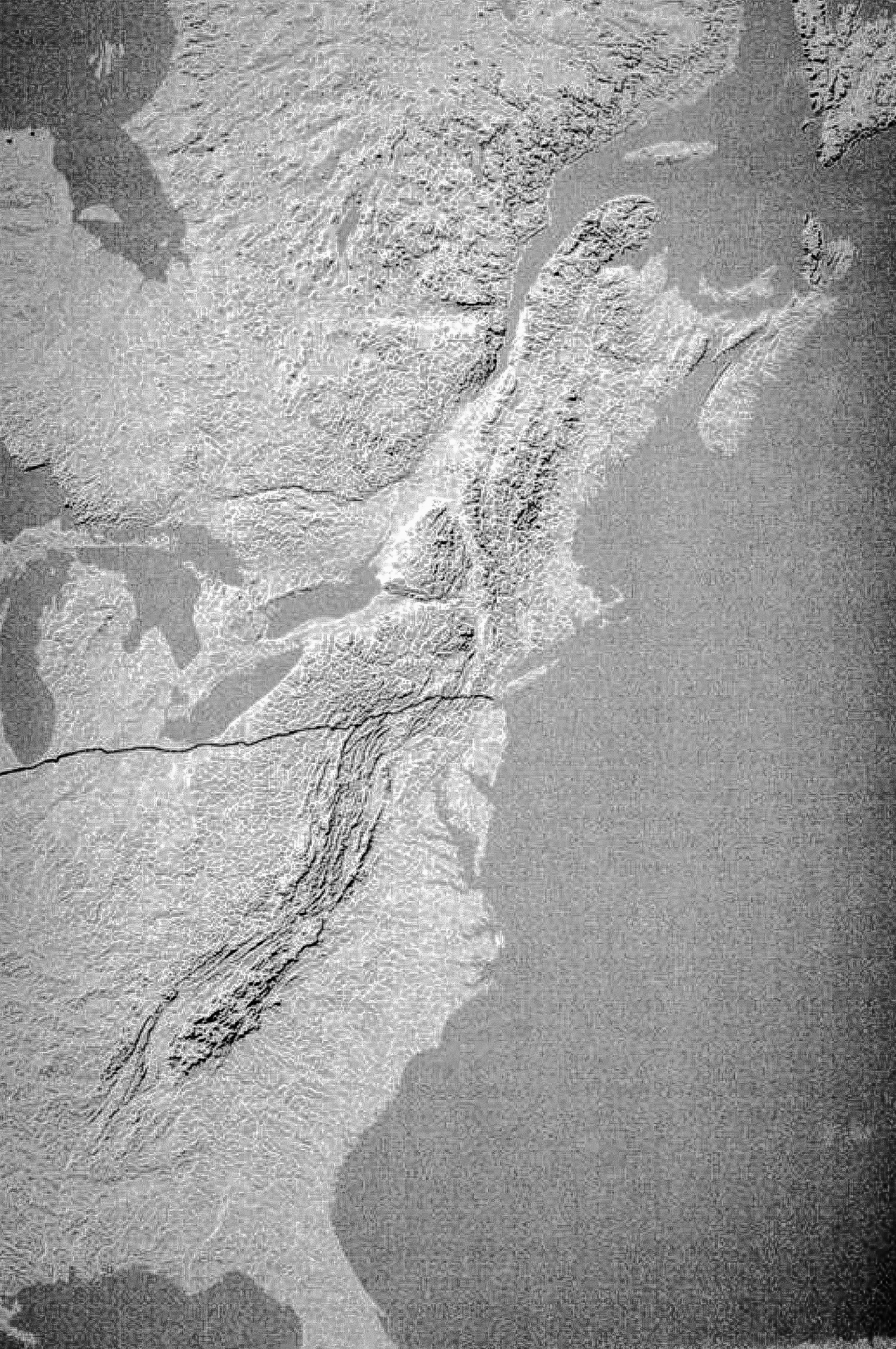
Yeah. Colonialism is just an expression of capitalism...